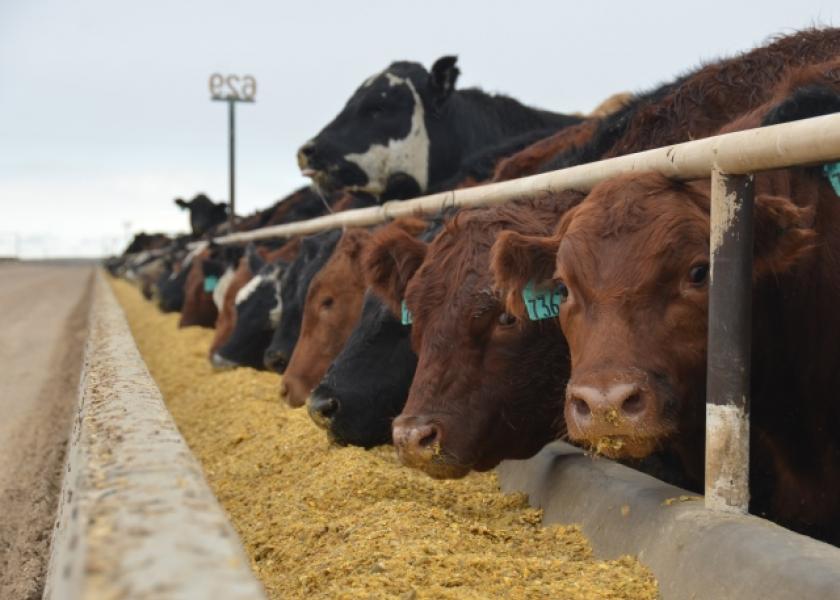USDA Adopts Market Transparency Policies Backed by NCBA

The U.S. Department of Agriculture-Agricultural Marketing Service (USDA-AMS) announced that it will begin publishing a National Daily Direct Formula Base Cattle report, which will provide greater information into the foundational prices used in cattle market formulas, grids, and contracts, and a National Weekly Cattle Net Price Distribution report, which will show the volume of cattle purchased at each different level of pricing within those formulas, grids, and contracts. NCBA has long urged USDA to adopt policies that increase transparency in the cattle markets and applauds this effort to provide producers greater insight into cattle transactions.
“USDA’s announcement is a significant step toward increasing transparency in the cattle markets,” said NCBA Vice President of Government Affairs Ethan Lane. “As Livestock Mandatory Reporting awaits congressional reauthorization, it is encouraging to see the Administration taking proactive steps to broaden the scope of this critical information tool. NCBA remains committed to maximizing market transparency and looks forward to building on this momentum to shed more light on the fed cattle trade.”
The formula bucket is a catch-all for transactions which do not fit the definition of either a negotiated cash, negotiated grid, or contract trade. Most formula pricing agreements utilize a base price from which premiums are added and discounts subtracted. However, the base prices for these transactions are determined through means other than direct, buyer-seller negotiation. The National Daily Direct Formula Base Cattle report will share national base price information of formula agreements. The National Weekly Cattle Net Price Distribution will report what levels (price and volume) trade occurred across the weekly weighted average price for each purchase type – negotiated, negotiated grid, formula, and forward contract. The addition of these new publications will allow producers to better compare their marketing arrangement to others and allow them to make more informed business decisions on their operations.
NCBA is the leading voice in Washington on the need for greater cattle market transparency, including the establishment of a cattle contract library and eliminating cumbersome rules of confidentiality. USDA intends to begin publication of the National Daily Direct Formula Base Cattle report on Aug. 9 and the National Weekly Cattle Net Price Distribution report on Aug. 10.







